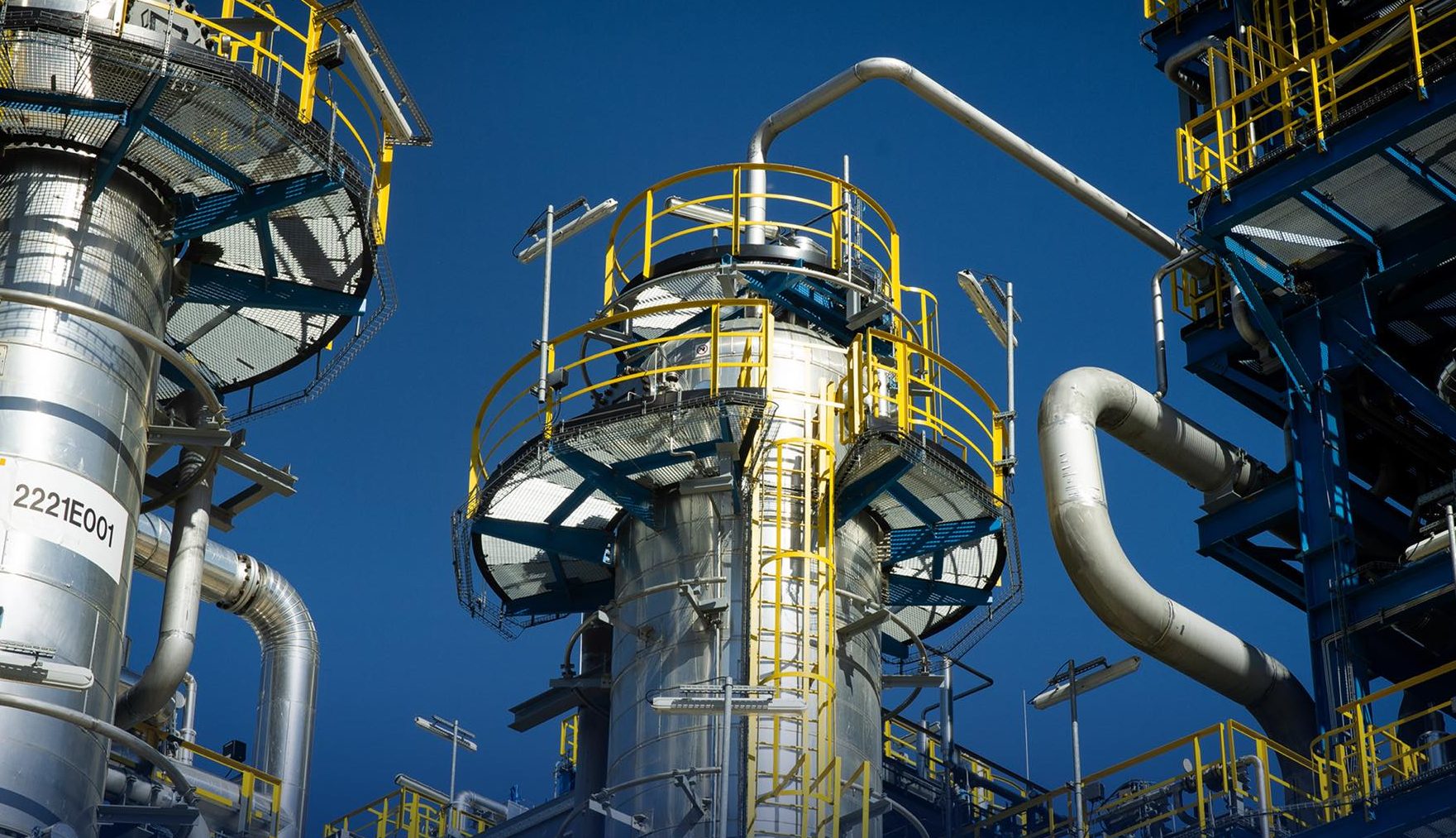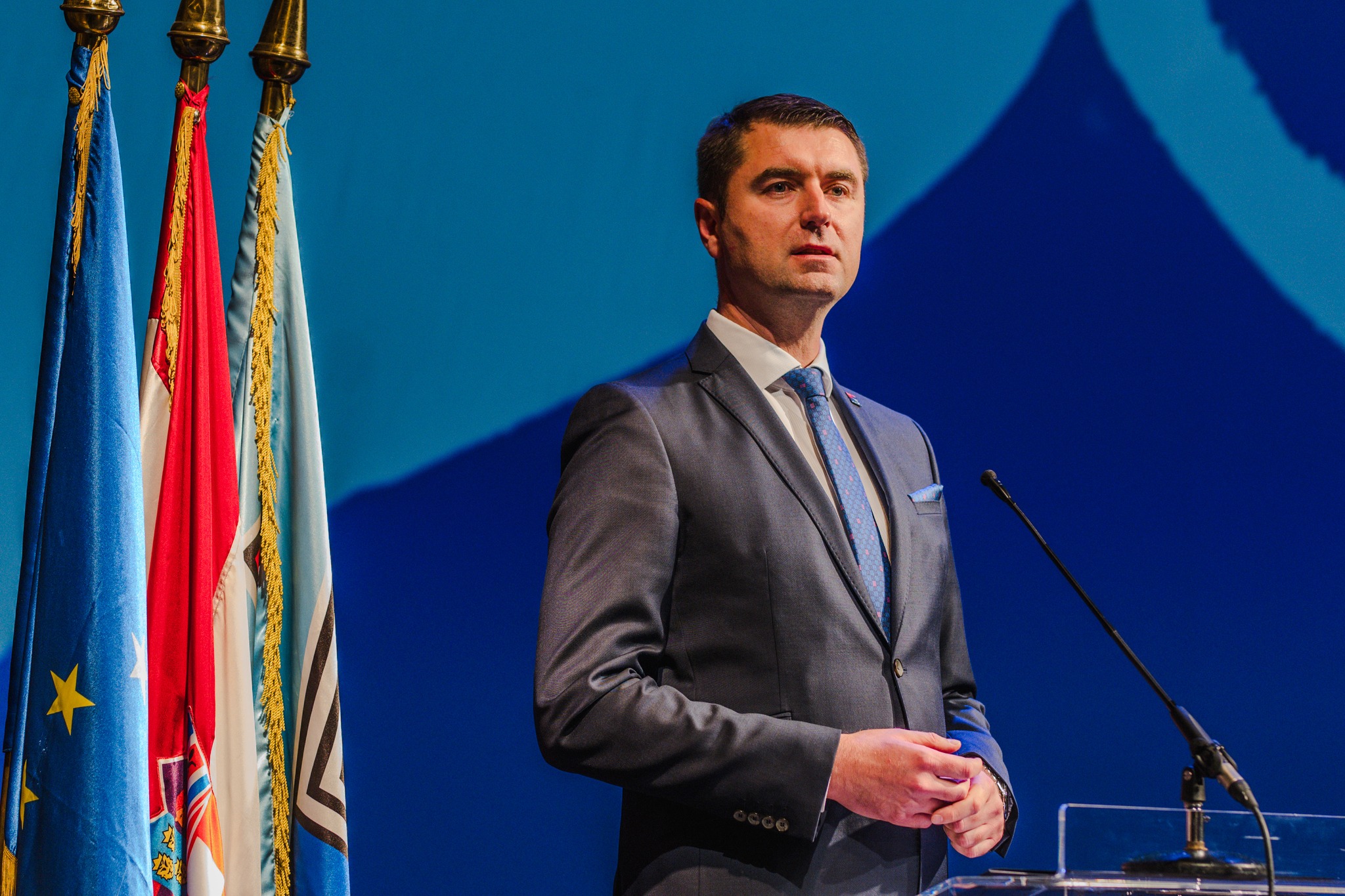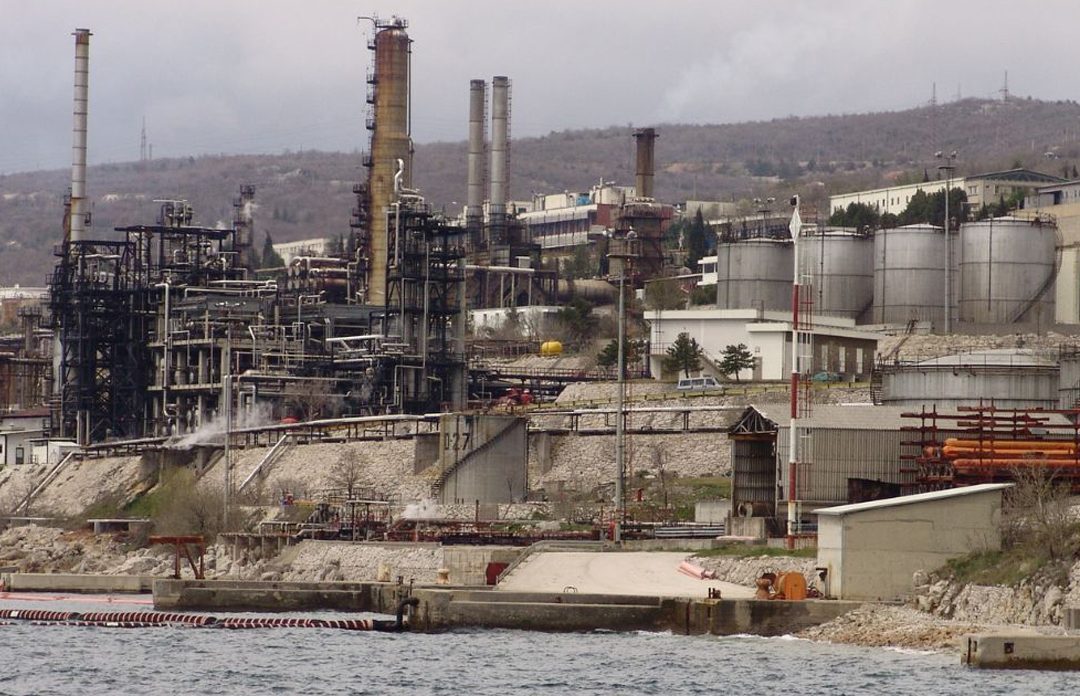
This is the largest organic investment ever made by the Hungarian multinational oil and gas company.Continue reading
MOL has filed a new arbitration case with the International Centre for Settlement of Investment Disputes (ICSID) against the Croatian state. The Hungarian company states that the Zagreb government illegally forced Croatian oil company INA to sell gas produced in the country to the state-owned HEP Group (Hrvatska elektroprivreda) at a depressed price, Croatian daily 24sata reported.
During the energy crisis of 2022 and 2023, the Croatian government first set the price of gas at EUR 41 per megawatt-hour (MWh), before raising it to EUR 47. According to MOL, the government made such a decision illegally to support domestic customers, causing economic damage to the company. Interestingly, the arbitration was not initiated by INA, but by MOL, the majority owner of INA. MOL owns 49.08% of INA and the Hungarian oil company also has controlling rights in the company. The Croatian state owns 44.84% of the company.
Following the publication of the article, MOL reacted in a short statement confirming the news, but without giving details.
Citing a source close to MOL, the newspaper wrote that MOL had contacted Croatian government officials several times over the past year and a half and was ready to find an amicable solution for both parties. However, the then Minister of Economy Davor Filipović refused to negotiate. The value of the arbitration has not yet been disclosed, but unofficial sources said it was “tens of millions of euros”.

Davor Filipović. Photo via Facebook/Davor Filipović
MOL assessed that the government had forced INA to sell gas to HEP at a fraction of the market price, thus shifting the costs of its gas policy to INA and indirectly to MOL.
As the Hungarian company noted, this was not necessary because gas was available in Croatia at market prices and the measure was therefore illegal and excessive.
The European Commission had also warned Zagreb about the measure, but Filipović explained that the decision was legal and reasonable and had to be taken. The disruption in supply led several municipal gas suppliers to cancel contracts and direct citizens to so-called guaranteed suppliers, the minister said at the time. He added that without the measure, 120,000 consumers would have been left without gas, and that cheaper gas could also be provided to hospitals, kindergartens, municipalities and other public institutions.

One of INA’s refineries. Photo via Facebook/INA
This is the fourth arbitration between Croatia and the Hungarian majority owner of INA, two of which Croatia has already lost.
Two years ago, MOL won an international arbitration case against the Croatian government at ICSID and defended its investment in Croatia, claiming that the Zagreb government had failed to fulfill certain contractual obligations and commitments. In response, the Croatian government turned to UNCITRAL (United Nations Commission on International Trade Law). According to Croatia, MOL gained control of INA through corruption, MOL did not invest in Croatian oil refineries as required by the shareholders’ agreement and MOL violated Croatian laws on commercial companies. The Court of Conciliation and Arbitration in Geneva rejected all of Croatia’s claims concerning bribery, corporate governance and alleged breaches of the shareholders’ agreement. Following the decision, Croatian Prime Minister Andrej Plenković announced at an extraordinary press conference on December 24, 2016 that the Croatian state would buy out MOL’s stake in INA.
Subsequently, in February 2022, Zagreb initiated a review before the Swiss Federal Supreme Court of the 2016 UNCITRAL ruling in the MOL-Croatia case. In July 2022, ICSID came to the same conclusion as the UNCITRAL ruling: Croatia failed to prove corruption allegations in this proceeding, and the case’s key witness was completely unreliable. In addition to finding no corruption, the ICSID also awarded MOL USD 235 million in damages.
Last year, MOL initiated arbitration processes, claiming EUR 34.35 million from the Croatian state for increasing the price of hydrocarbon extraction between 2011 and 2015, thereby indirectly causing damage to the company. MOL filed the claim for damages with ICSID, but the tribunal declared itself incompetent. The oil company had three months to initiate new proceedings and did so at the Court of Conciliation and Arbitration.
Via MTI; Featured image via Facebook/MOL